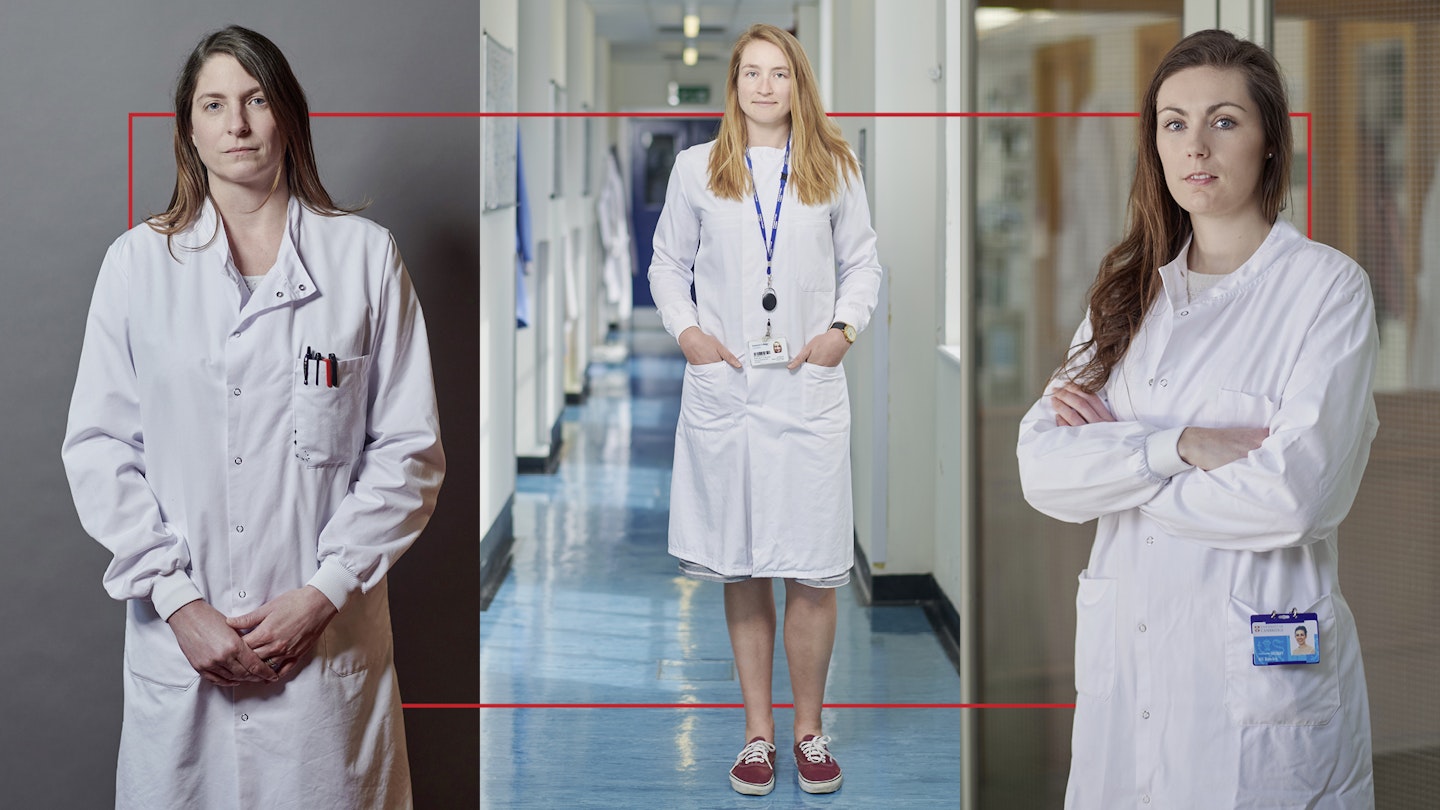Hopes rose today when Oxford University shared the joyous news we've all been waiting for: the coronavirus vaccine they're developing at unprecedented speed appears to be safe and it triggers an immune response. Thank the Lord. Clinical trial results today revealed that up to 100% of people who were given the jab produced an immune response to coronavirus.
The UK has already ordered 100 million doses of it, but it's still relatively early days; larger trials are under way to work out whether this vaccine will fully protect us. The study cannot show whether it prevents people from becoming ill or even lessen their symptoms. So, when will we get our hands on it? This morning, Prime Minister Boris Johnson said: 'Obviously I'm hopeful, I've got my fingers crossed, but to say I'm 100% confident we'll get a vaccine this year, or indeed next year, is, alas, just an exaggeration. We're not there yet.' We spoke to the women working on the jab we're all desperately waiting for...
‘This has never been done before - ever': Professor Kate Ewer, 43, Senior immunologist at The Jenner Institute, part of Oxford University
I’m viewing this pandemic through two lenses: as a scientist working 16 hours a day on a vaccine we hope will put an end to soaring death tolls; but also as a mother who shares the same worries as everyone about childcare and family. I was telling my parents to stay indoors about a month before lockdown was announced. By then, work on the vaccine was well underway and we could see social distancing was inevitable. My children are eight and 12 and my instinct is to put them first, but I’m torn between being at home and knowing the world is relying on the work we’re doing. It’s too terrifying to think about that level of responsibility, so I don’t. Scientists aren’t setting themselves up to be heroes and save the world. It’s not like that. We’re just doing the best we can. Luckily, my husband is bearing the brunt of home- schooling while I design blood tests that will determine whether the vaccine we’ve made works in clinical trials.
The test will look at the immune response in each person. Human trials are due to start this month. Designing tests would normally take years. I’m doing it as quickly asIcan–inamatterofweeks–andhave barely had a day away from the lab since the start of March. We’ve already finished creating the vaccine and that’s nearly ready to go. The testing process is the next step and it’s hard to say how long that will take.
We also need to find a way to manufacture millions of doses of it in a useful timeframe. If it’s not going to be available for a year to 18 months – as many reports are saying – that’s not much good. We need it this year but that’s not impossible. If everything falls into place, I’m hoping this will be ready for the public before the end of 2020.
If everything falls into place, I’m hoping this will be ready for the public before the end of 2020.
We started designing the vaccine as soon as China released the genetic sequence of the virus in January – back when none of us imagined how far it could possibly spread. Creating a vaccine this fast has never been done before, ever. We’ve also never designed a clinical trial during an outbreak before and implementing social distancing in the lab has been a first. We use a tape measure to make sure we’re two metres apart.
My team is really well-represented by women. Heavily female teams feel different; there seems to be more collaboration and less ego. Science can be competitive, but if one of the 40-odd labs working on this around the world gets there first, we’ll just be relieved someone has succeeded.
We are still in the very early stages of all this. Social distancing is the only method we have of controlling the outbreak because we don’t yet know whether the antibodies you get from having the infection will protect you afterwards. The vaccine will be a tremendous advantage if it works because it’s the quickest way to ensure as many people as possible are protected.
‘We're future-proofing against this kind of disaster ever happening again': Dr. Rebecca Kinsley, 29, from the Laboratory of Viral Zoonotics at Cambridge University
My life has felt like a bit of a dress rehearsal leading up to this moment. As a student, I gave presentations on pandemics and I’ve been deeply engrossed in work around how we would respond to one ever since. In an abstract way, I’ve been thinking about this moment for years. But now it’s real it feels daunting. I’m slightly in shock, but not surprised.
As I drive to work along the emptied roads, it’s strange reminding myself: this is it. It’s happening now. The college greens where students usually gather are eerily silent. Only those working on Covid-19 remain at work, we’re some of the only people left on campus. Trying to contribute to something so huge globally gives me a sense of responsibility and it’s reassuring to work with a strong team. We just wish that there were more hours in the day for ustodoitin.
The area of expertise in our lab is zoonotic viruses, which is the concept of viruses jumping from animals to humans, like Ebola, bird flu, swine flu and now coronaviruses. Before this outbreak, I was working on Ebola, lassa fever and a universal vaccine for influenza. Then, towards the end of December, we became aware of what was unravelling in China. The more we learned about the disease, the more we redirected our work and, one by one, set to work on this. We designed it quickly and, right now, we’re assessing the immune response it is generating in our animal trials, with rodents. This is the pre-clinical phase, before the human trials. We’re hoping to choose our best vaccine design in June this year, to enter production and start human trials early next year.
I’m constantly on the phone to friends and family who have loads of questions about my work. I feel it’s up to me to reassure them. Everyone wants to know: how long? When will it be ready? It’s the burning question we wish we had the answer to, but we won’t know for sure until we can look at the data from the human trials. The step after that will be ensuring we have the infrastructure to produce enough vaccine to give to the population.
In terms of a way out of this, I’m really hopeful about all the effort going into repurposing drugs we already have to help those who have contracted the virus. Long term, though, the vaccine is the most crucial way out because it can prevent outbreaks down the line. We’re working on one that wouldn’t just protect against this current outbreak, but would tackle whole families of viruses rather than individual ones, in this case coronaviruses. The world is in for a tough year but scientists are learning more by the day. We’re future-proofing against this kind of disaster ever happening again.
‘It's early days, but exciting: we think people who have had the virus become immune': Dr. Anna Blakney, 29, is a research fellow in the department of infectious disease, Imperial College
We heard whispers about coronavirus being this infectious in December, but I was sceptical at first. A few weeks later the switch flipped, and it was full steam ahead. I started adapting work I was doing on rabies and influenza to work on this. Along with my team, I have designed and made the coronavirus vaccine and tested how well it works in animals. After that it gets passed over to human testing. The good news is it seems to work really well. I like being able to reassure people: it’s going to happen.
As recovered patients are released from hospital, we’re taking blood from some of them to compare to our vaccine and see how close we are. They should have antibodies to the virus in their blood and that’s the same response we’re trying to induce with the vaccine. It’s too soon to say for sure, but we’ve found something really positive: it doesn’t look like people can be re-infected after they’ve had coronavirus. We think this because people who have recovered have really high antibody levels.
It doesn’t look like people can be re-infected after they’ve had coronavirus.
This is a really good indicator that we become immune and can’t catch it again. Of course, we don’t know how long that immunity will last. Ideally, it would be a lifetime. We’d love our vaccine to protect people for five years. Even a year would be fine and people would top it up annually, like the current flu vaccine.
Another thing we can hope for over the coming weeks and months is that the more people get the virus, the more we build a population-wide immunity – this is called herd immunity. A licensed vaccine likely wouldn’t be ready for a year because of regulations and clinical trials, but we’re trying to speed up the process by prioritising health workers and immunocompromised people in our clinical trials.
Think of it as a back-door tactic of being able to offer the vaccine to a large group as quickly as possible. Our trials should be enough for 2.5 million people. That many protected in the population should have a positive knock-on effect because of the herd immunity it will build. And don’t worry, by this phase in the trials we’d know the vaccine was safe to give to these people, we’d just be testing how effective it was.
One of the strangest things we’ve found when studying this is the leap between some people dying and others being asymptomatic. We need to get to the bottom of why it’s killing a few healthy, young people. Hearing people like Donald Trump tell scientists to speed up isn’t helpful. What’s motivational is seeing the immense numbers affected by this. We’re working as fast as we can and if there’s one positive message I can leave you with it’s that it could not be going any better at this stage.
READ MORE: Coronavirus: When Will Lockdown End?
READ MORE: How Coronavirus Is Changing The Way We Live
Life: Coronavirus 2020
 1 of 14
1 of 14Coronavirus: I’m Young And Healthy – Is It Ok To Go Out And See Friends?
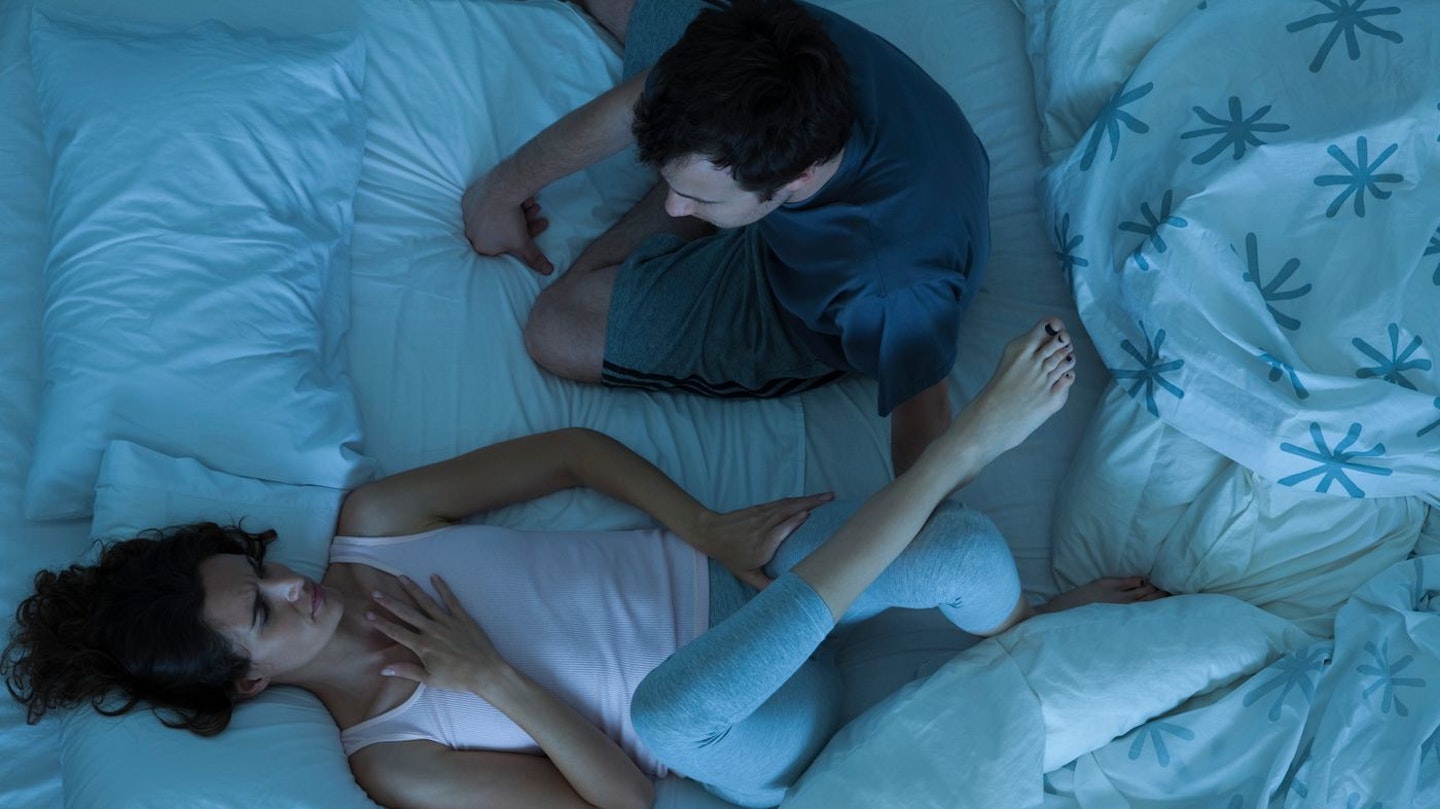 2 of 14
2 of 14I've Been With My Boyfriend For Four Months – Should I Go Into Quarantine With Him?
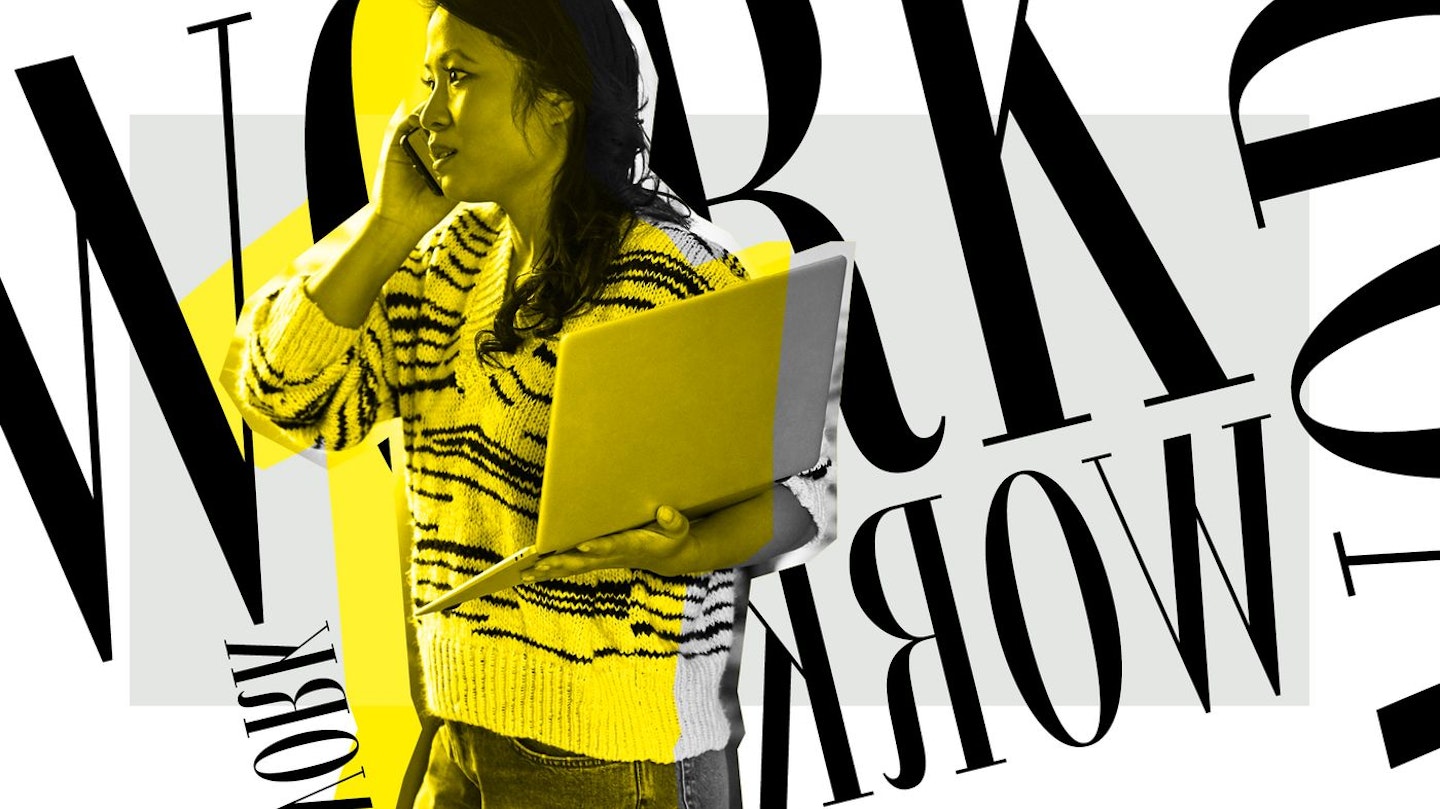 3 of 14
3 of 14Working From Home And MissIng Your Colleagues And Your Routine?
 4 of 14
4 of 14From EastEnders To The Friends Reunion: Here's How Coronavirus Is Affecting Our TV Schedules
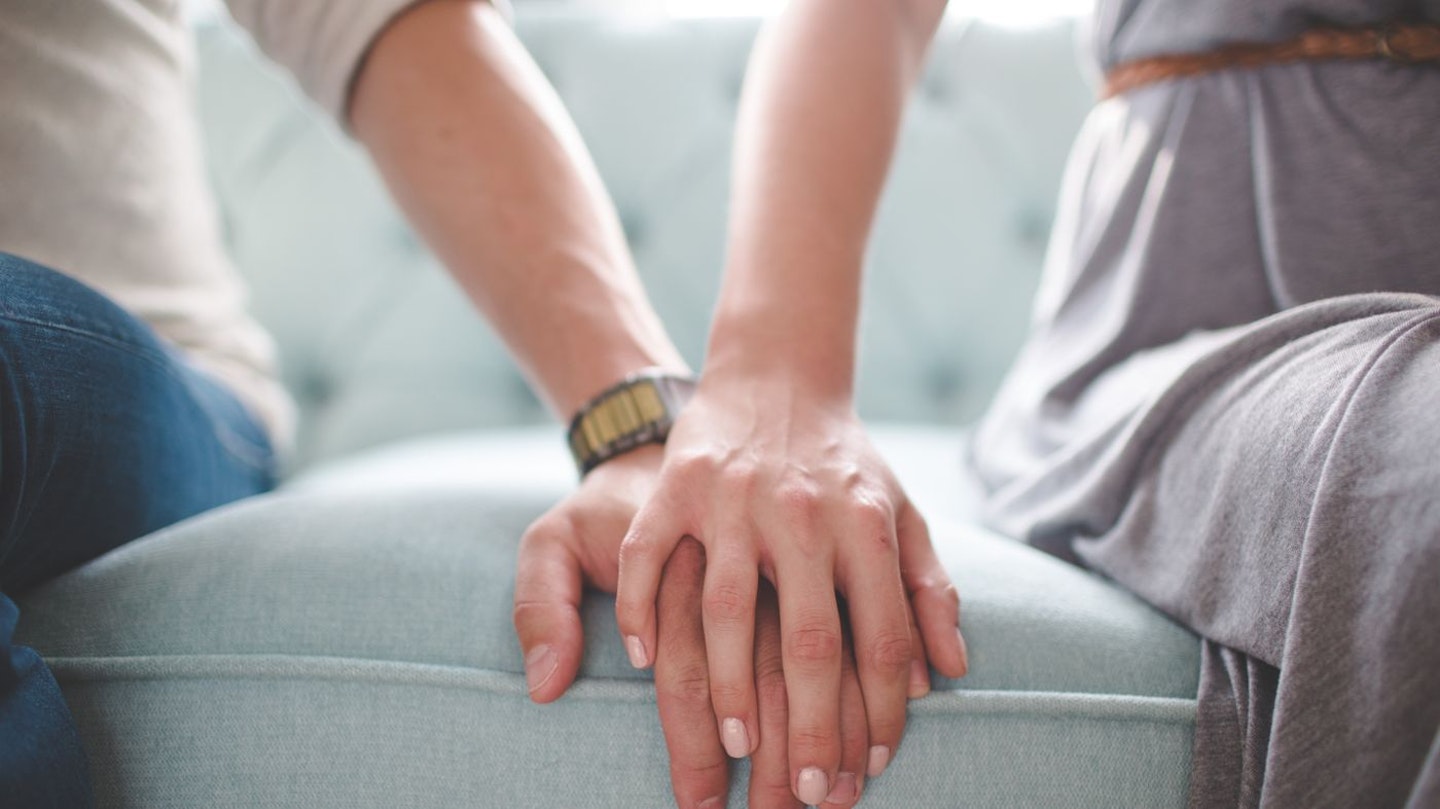 5 of 14
5 of 14Coronavirus: How To Survive Being Cooped Up As A Couple
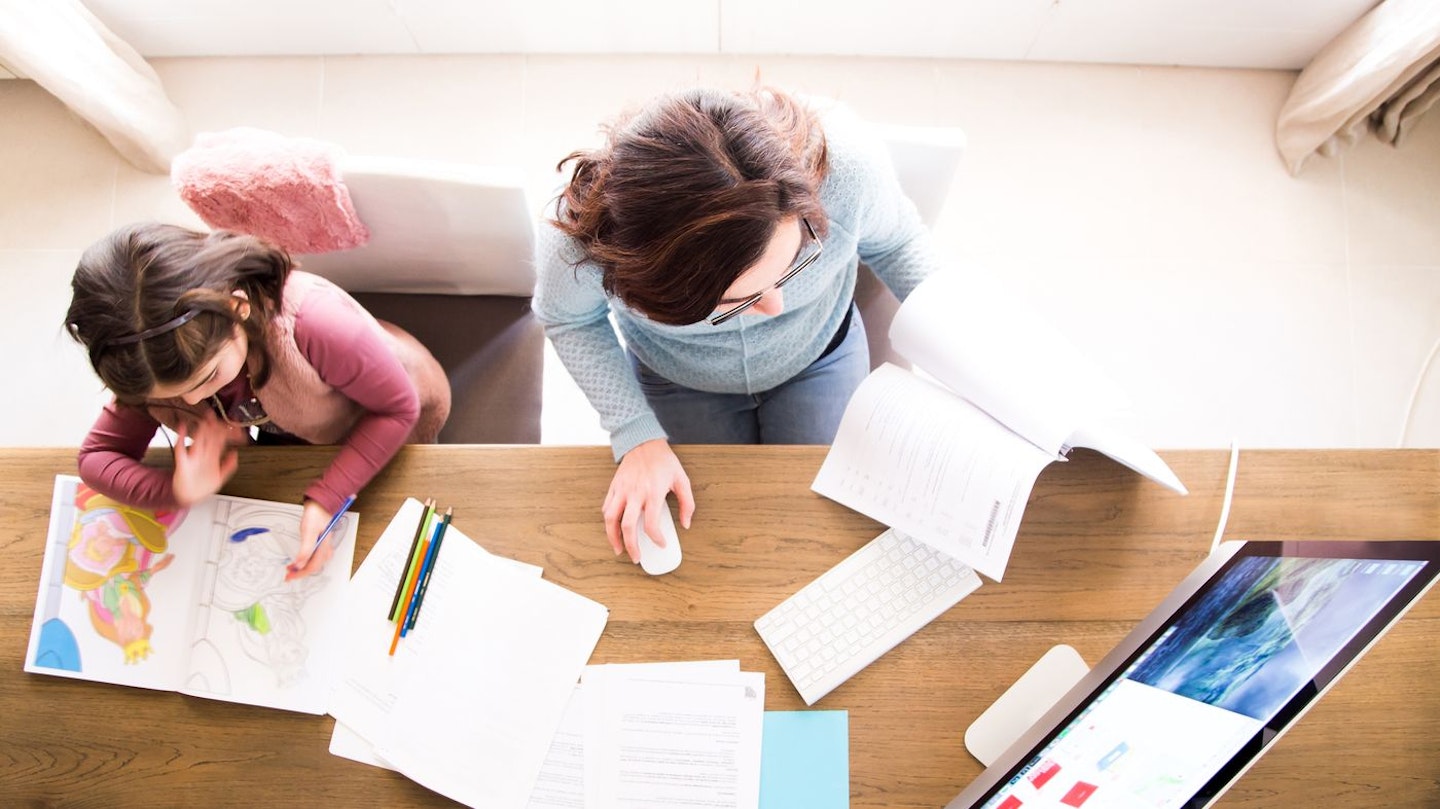 6 of 14
6 of 14Coronavirus And Parenting: The Importance Of Structure, Honesty And More TV Than Usual
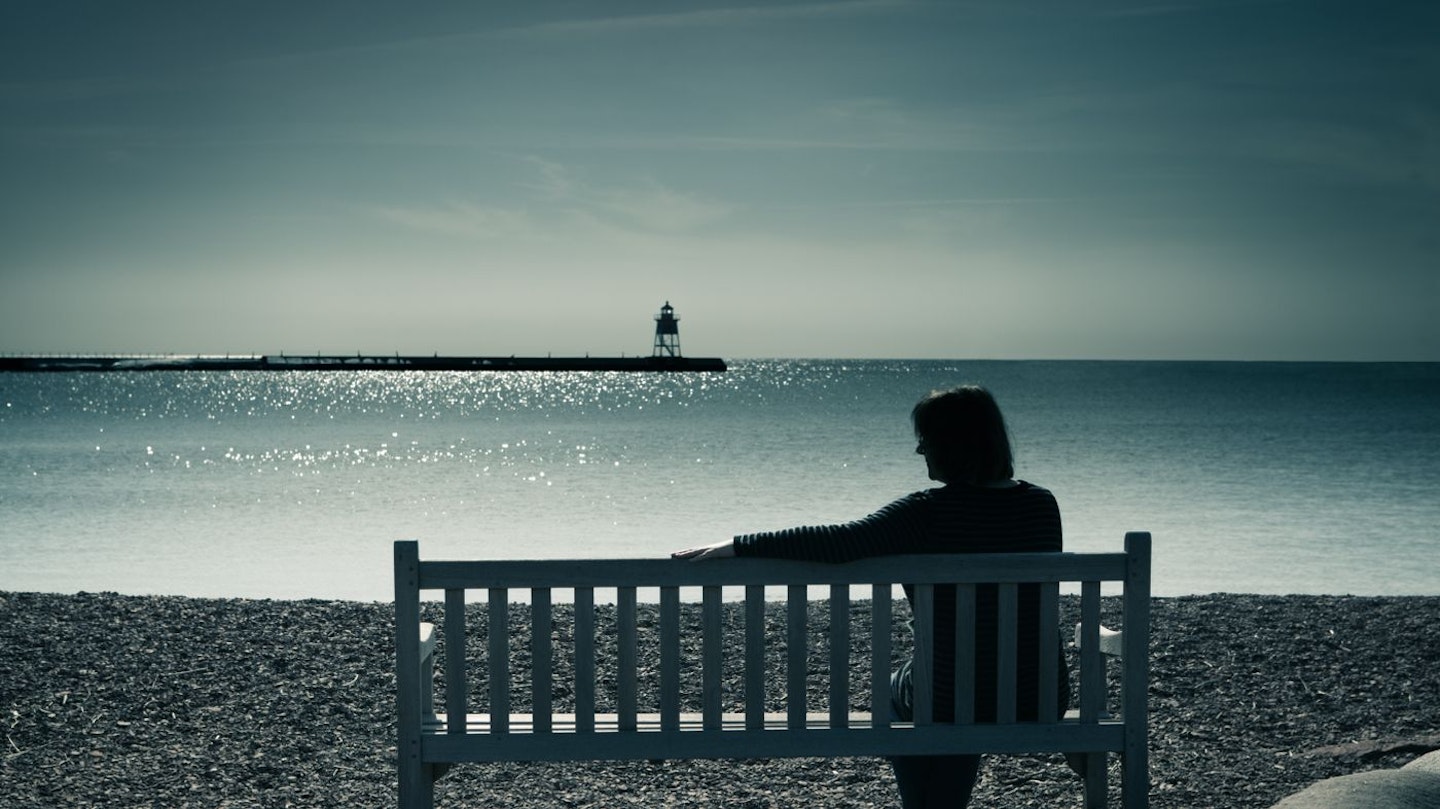 7 of 14
7 of 14How Coronavirus Is Changing My Relationship With My Mum, And My Daughter
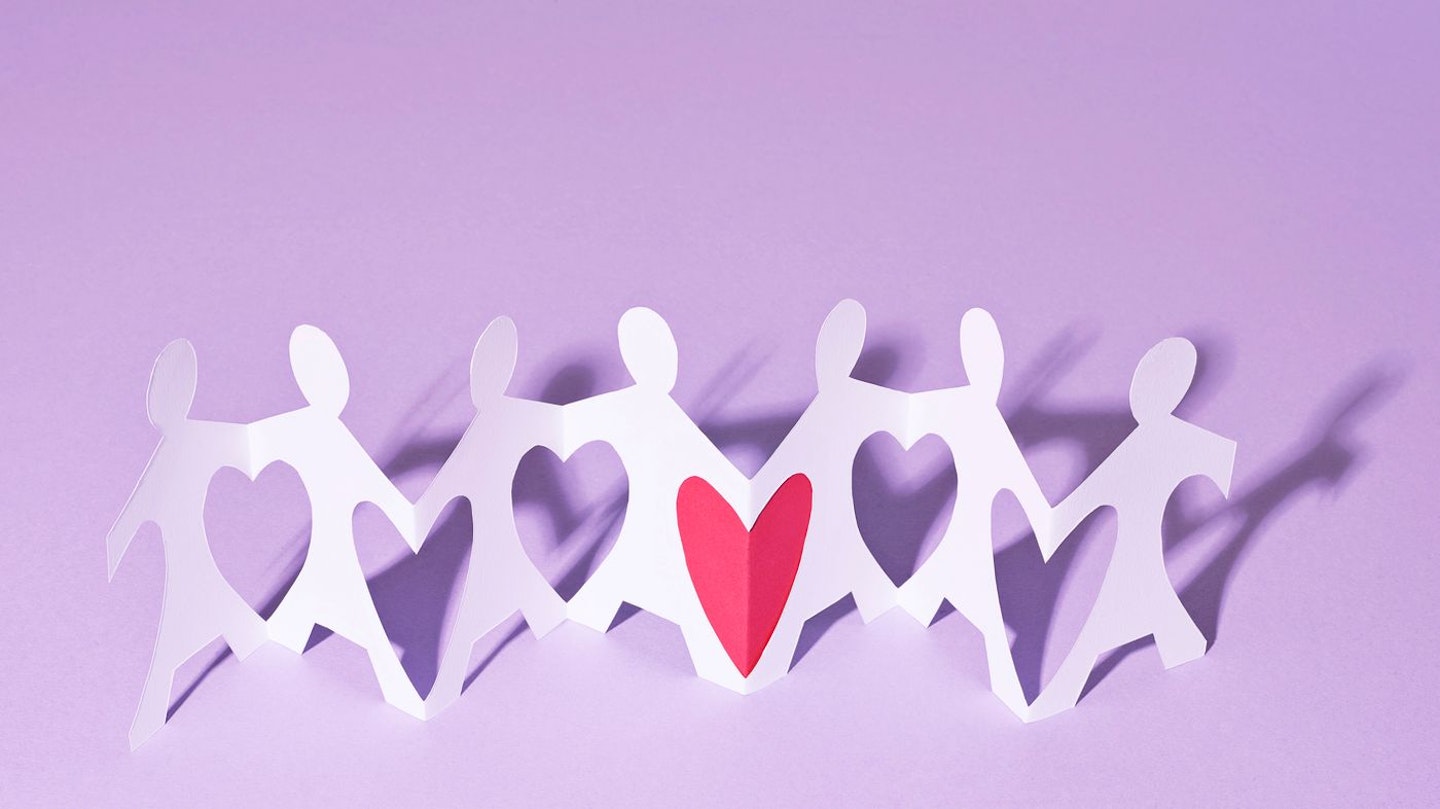 8 of 14
8 of 14Coronavirus: How To Help The Most Vulnerable Women In Society
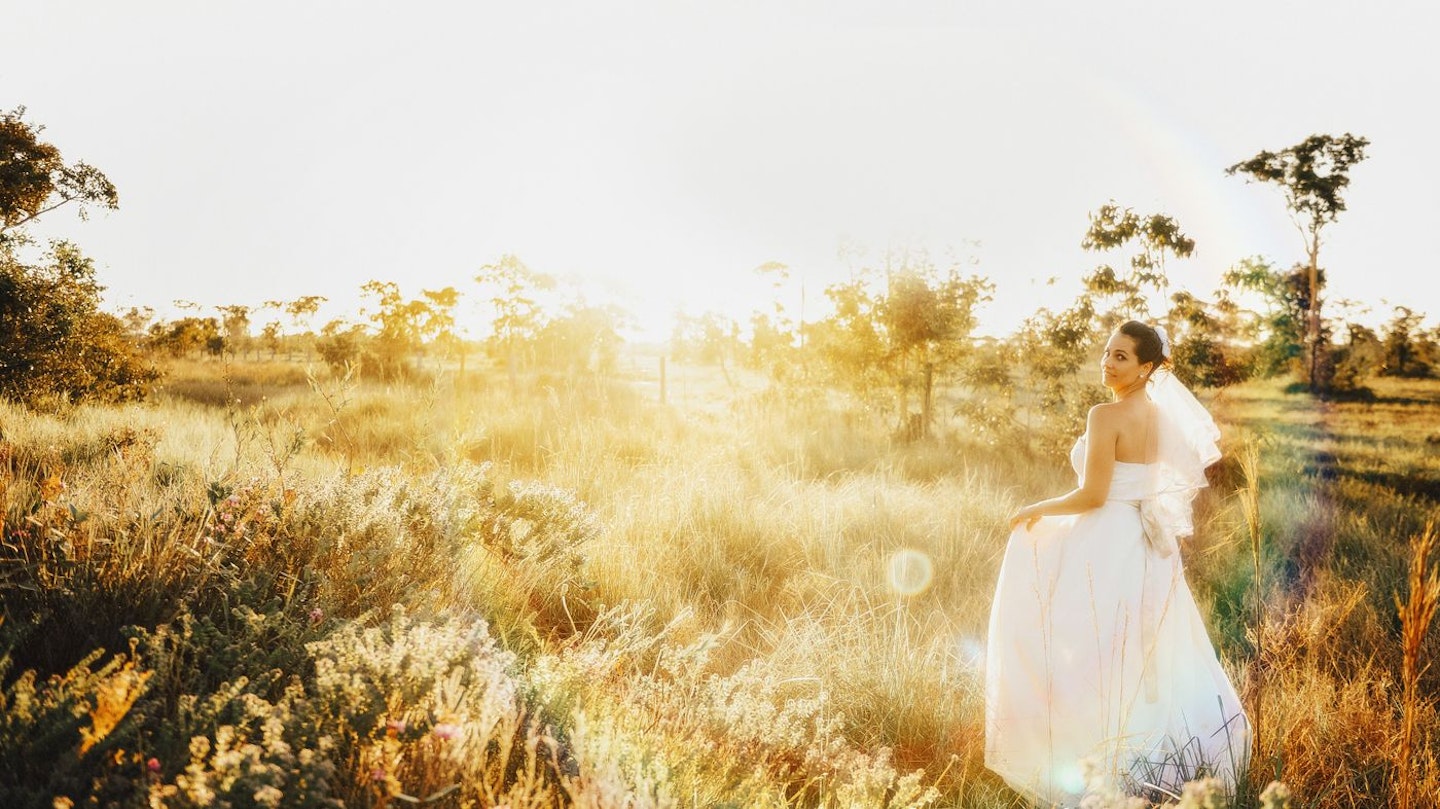 9 of 14
9 of 14Coronavirus: The Reality of Cancelling A Dream Italian Wedding
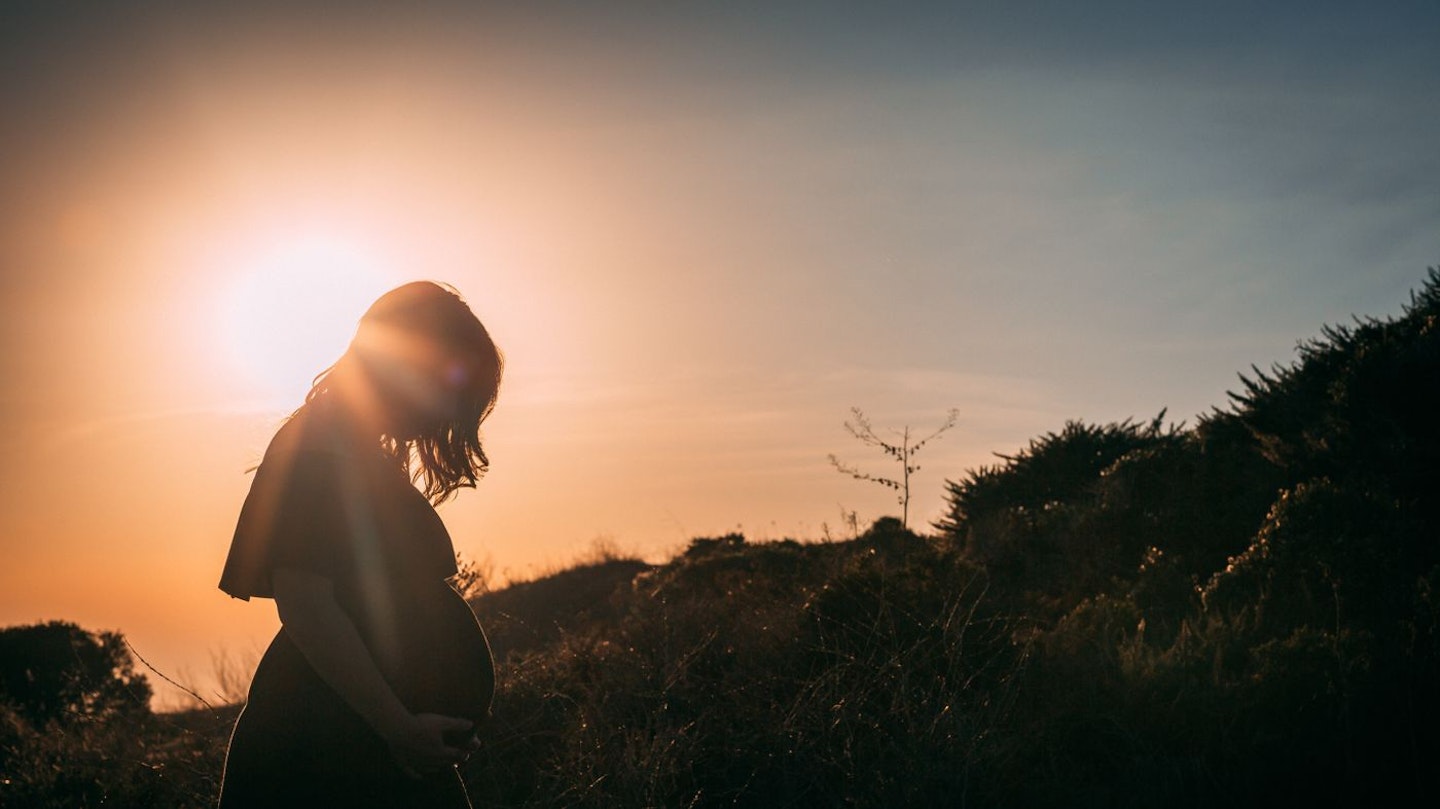 10 of 14
10 of 14‘I Just Have To Hope The Baby's Doing OK’: How It Feels To Be Pregnant Or Trying To Conceive During Coronavirus
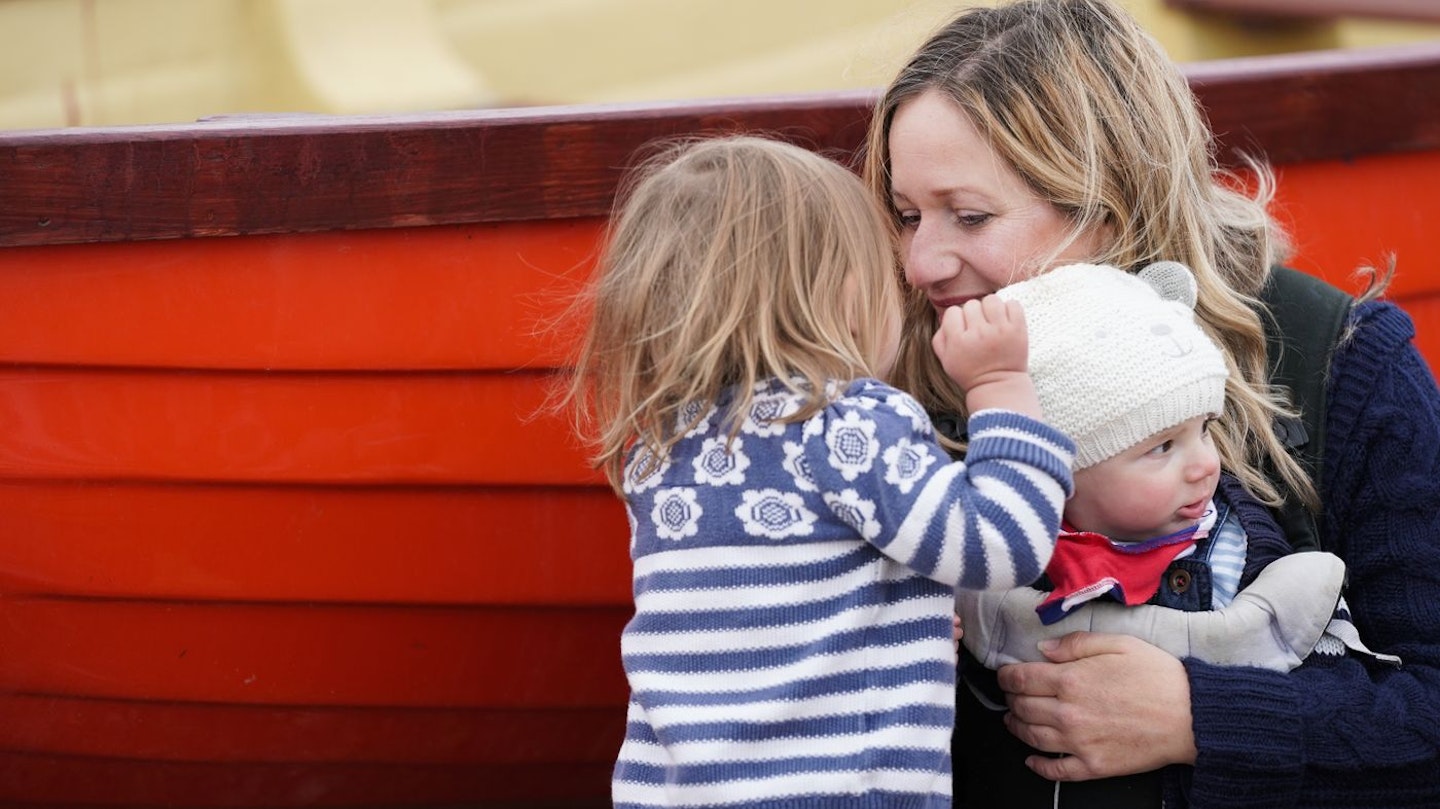 11 of 14
11 of 14Coronavirus: As A Solo Parent During A Pandemic, My Back-Up Plans Have Been Shaken
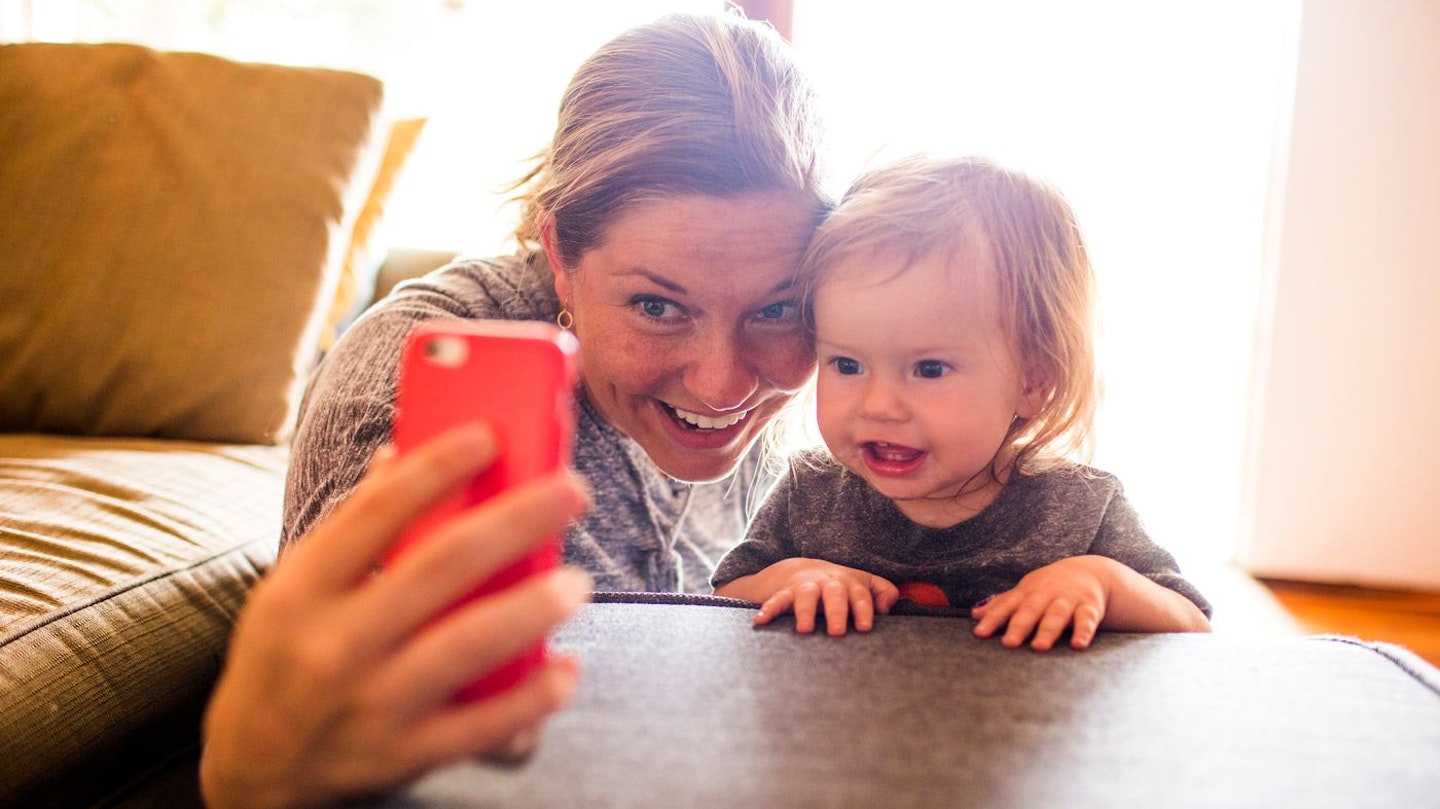 12 of 14
12 of 14Coronavirus: How Can We Celebrate Mother’s Day While Being Socially Responsible?
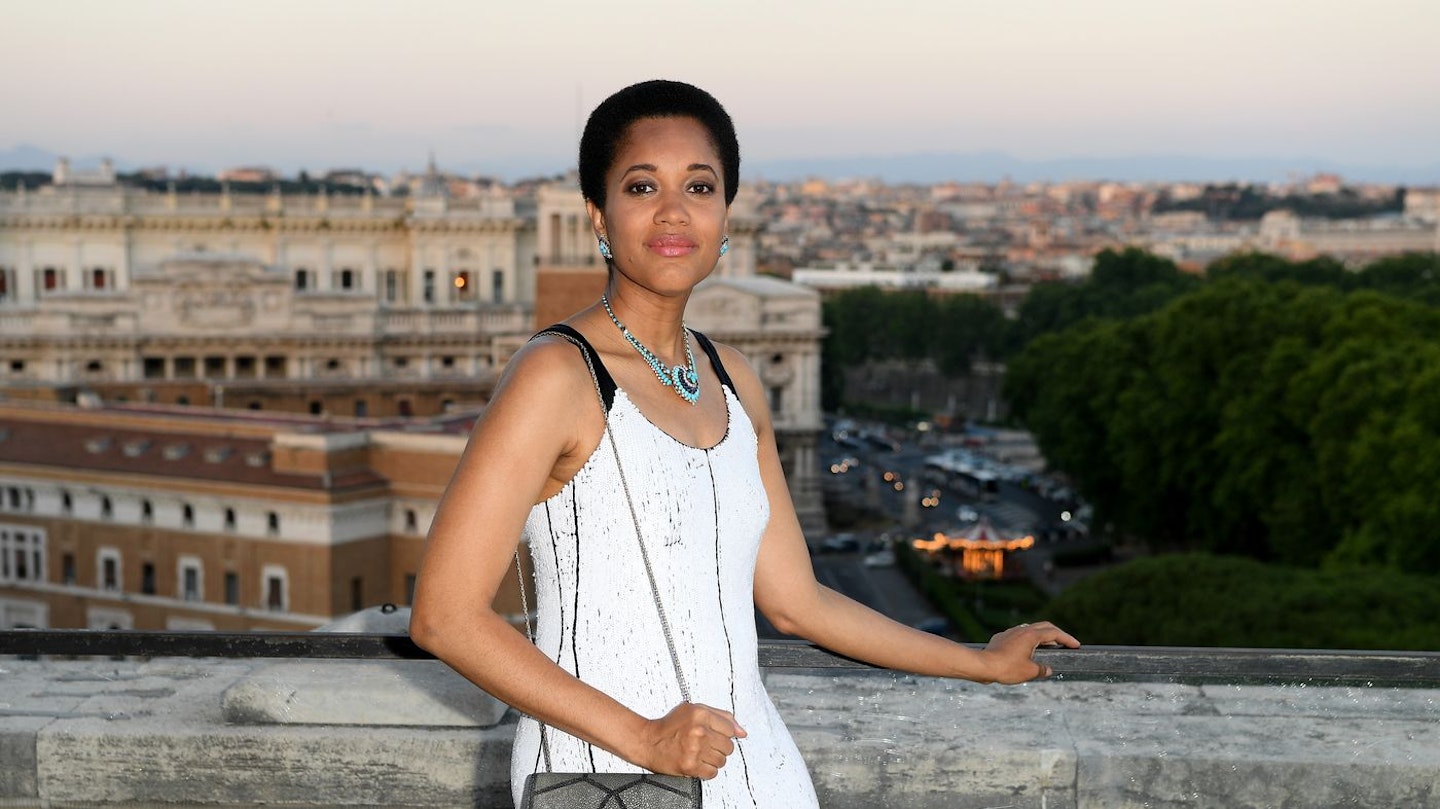 13 of 14
13 of 14Coronavirus In Italy: What It's Like Living In Lockdown
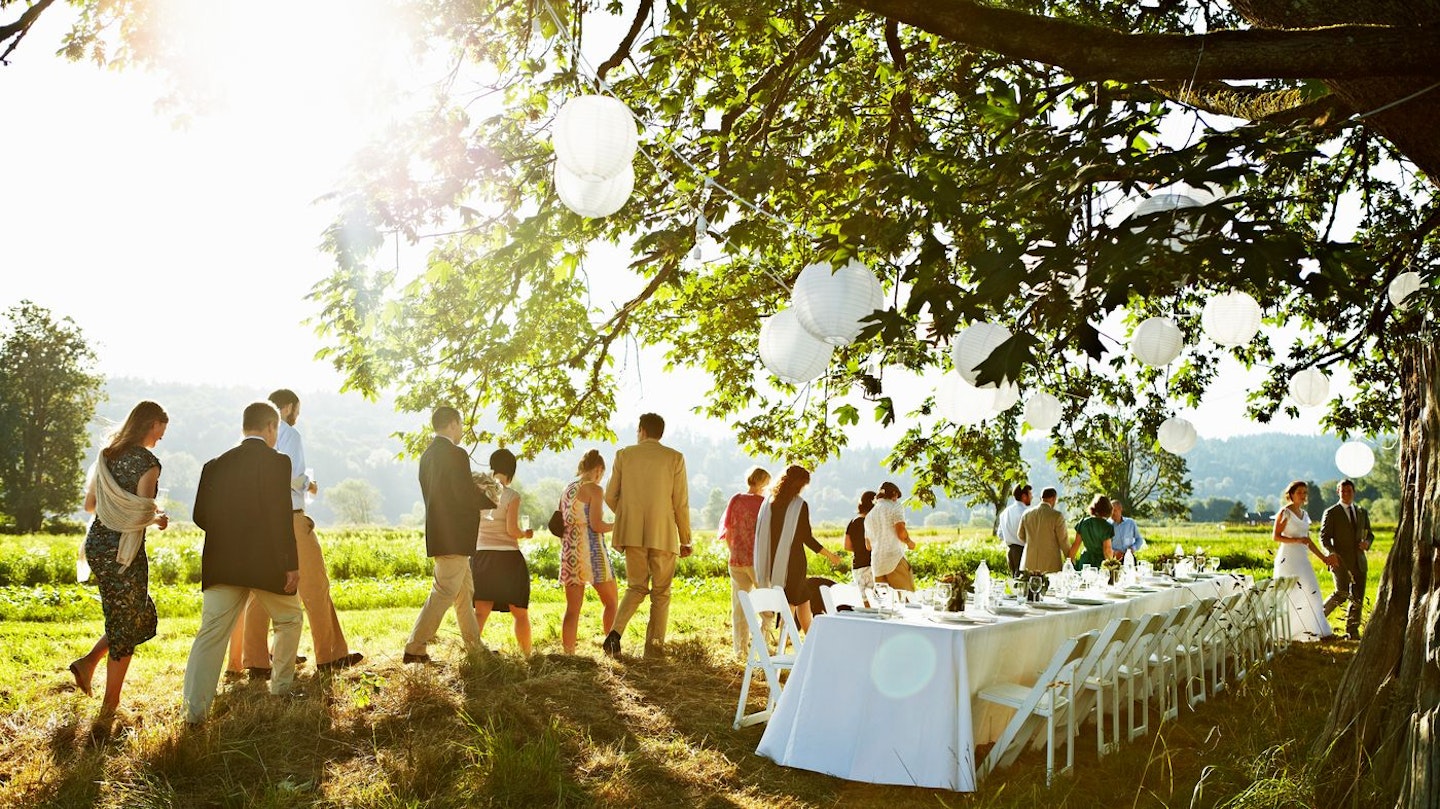 14 of 14
14 of 14